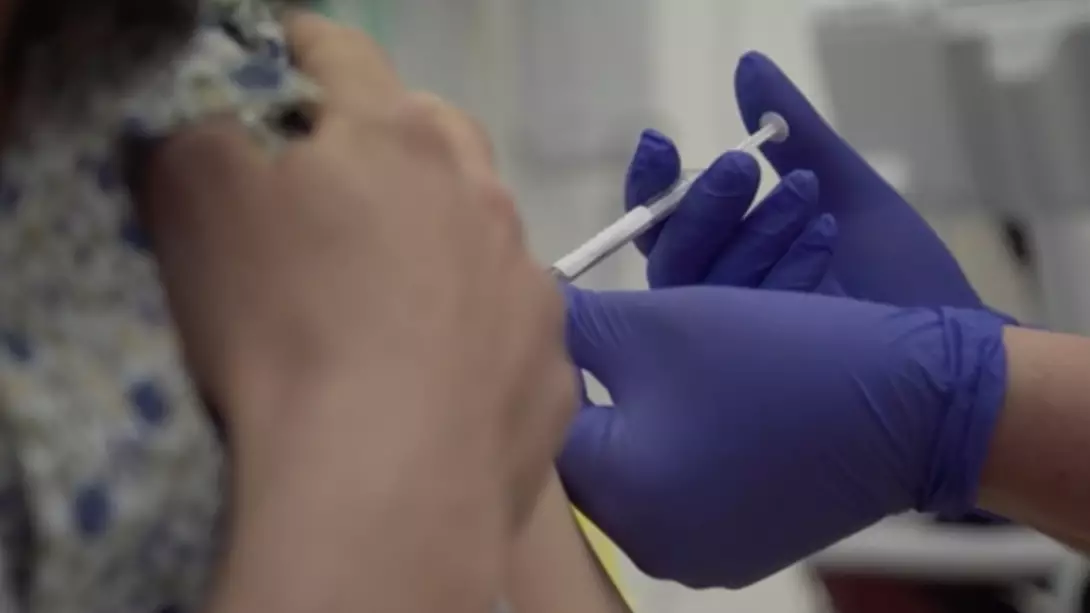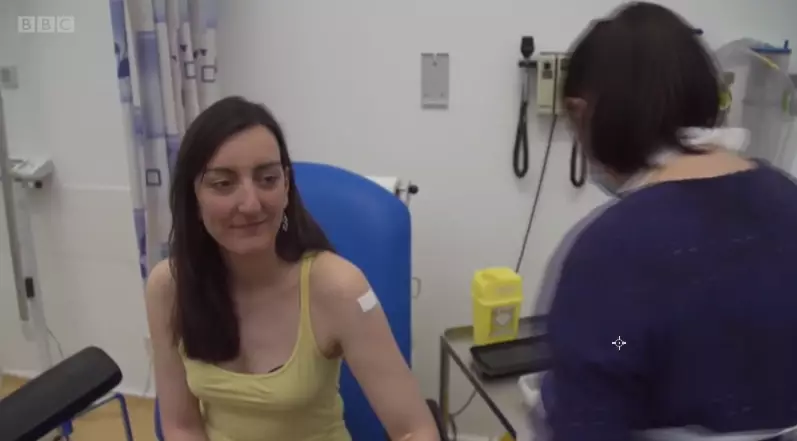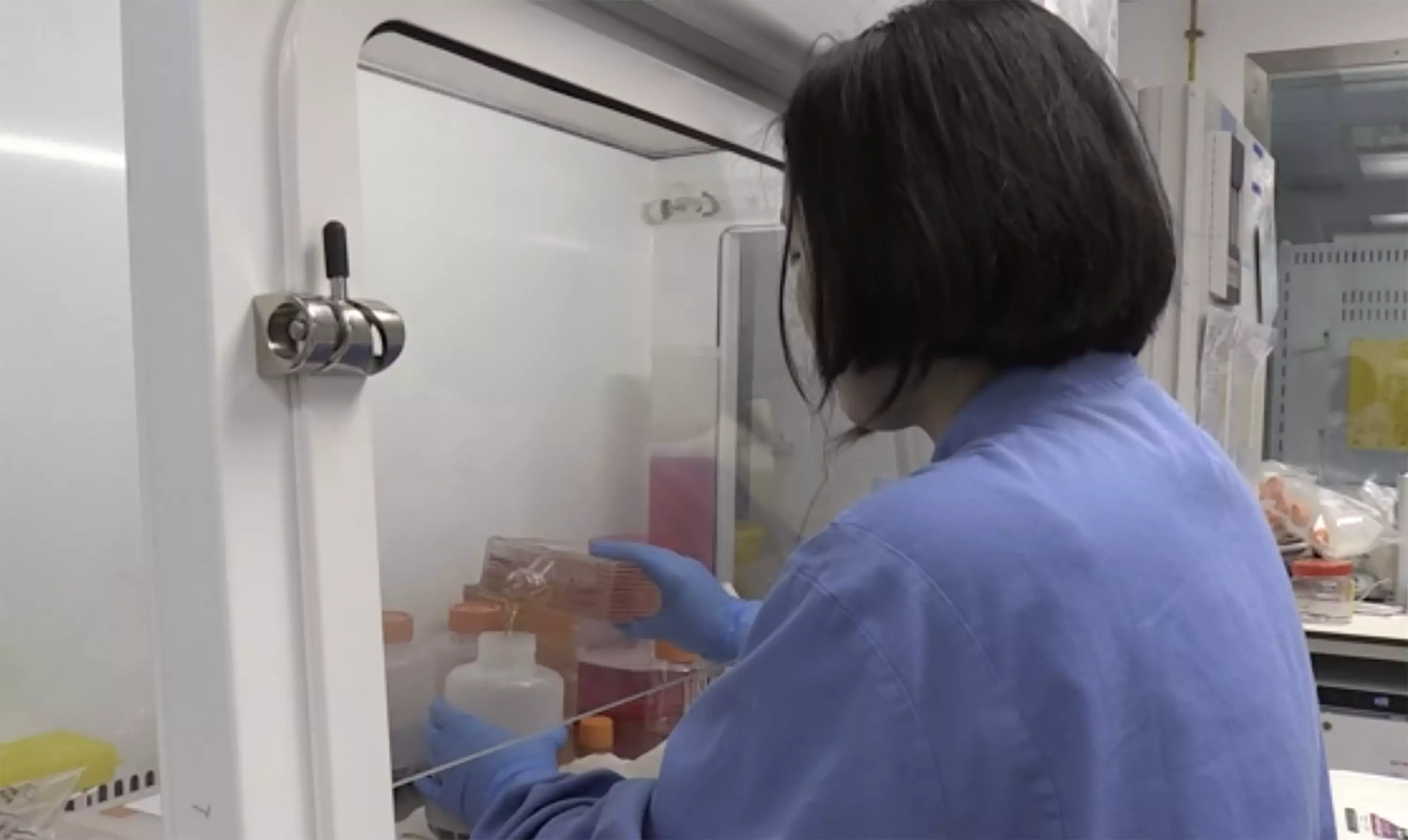
The first UK COVID-19 vaccine trials started yesterday, the University of Oxford has revealed.
Researchers at the university have started testing human volunteers, with the aim of assessing whether healthy individuals can be shielded from coronavirus using the specific vaccine.
Yesterday, on Thursday 23rd April, the trial was started on two volunteers, with one receiving the vaccine and the other (who is part of the 'control group') receiving a widely available meningitis jab as a way of comparison.
Advert
The participants will be closely monitored for 48 hours.
The vaccine, which is known as ChAdOx1 nCoV-19, is made from a specific virus which is a weakened version of the common cold. It causes infections in chimpanzees and has been genetically-modified so it is impossible for it to reproduce and grow in humans.
There can be temporary side effects however, such as a temperature, headache or sore arm.

By injecting humans with the vaccine, scientists hope the body will recognise and develop an immune response that will help stop coronavirus from entering human cells and making us unwell.
Advert
Vaccines made from this specific virus in the past have been given to more than 320 people and so far have shown to be safe and well tolerated.
The university first started screening healthy volunteers (aged between 18-55) in March. Now, up to 1,102 participants will be recruited for the trials across Oxford, Southampton, London and Bristol.

Whether they receive the vaccine or the 'control' is chosen at random.
Advert
Scientists are also recruiting a small group of volunteers who will receive two doses of the vaccine just a month apart.
Over the next few days, it's expected a further number of volunteers will receive the vaccine, before it rolls out to a larger number of participants.
Advert
Volunteers are given a diary to record symptoms and will also attend a series of follow-up appointments for monitoring.
In order to assess whether the vaccine actually works, scientists will compare the number of infections in the vaccinated group, with the number in the control group.
The university explain that for this reason, a small number of volunteers will need to develop COVID-19. If transmission of the virus within the community remains high, enough data may be collected over the next couple of months to determine this. If not, it could take up to six months.
Featured Image Credit: PATopics: Life News, News, Coronavirus, Covid-19